Sunday, 3rd February
This is our last day at Satara as tomorrow we move to Punda Maria in the north. The excellent Nwanetsi River road (S100) has not been good to us this trip so we decide to give it a last try. But despite us being the first down it at 5.30am and the weather being parfect, we see very little and nothing warranting a stop. At the end we turn right along the S41 down to Nwanetsi and then come back along the H6 tarred road to camp. Our last two days have been full of action so I suppose we had to expect a quiet day. I do not lift my camera once.
This evening we travel north along the main H1-4 tar road but the veld becomes so dry and barren that we double back and go to the Nsemani Dam along the Orpen Road. We then dawdle back through the rich grasslands which have flourished since the rain a week or so back. A small flock of feeding red-billed quelea remind us of the enormous flocks that we saw here two years ago during that time of plenty.
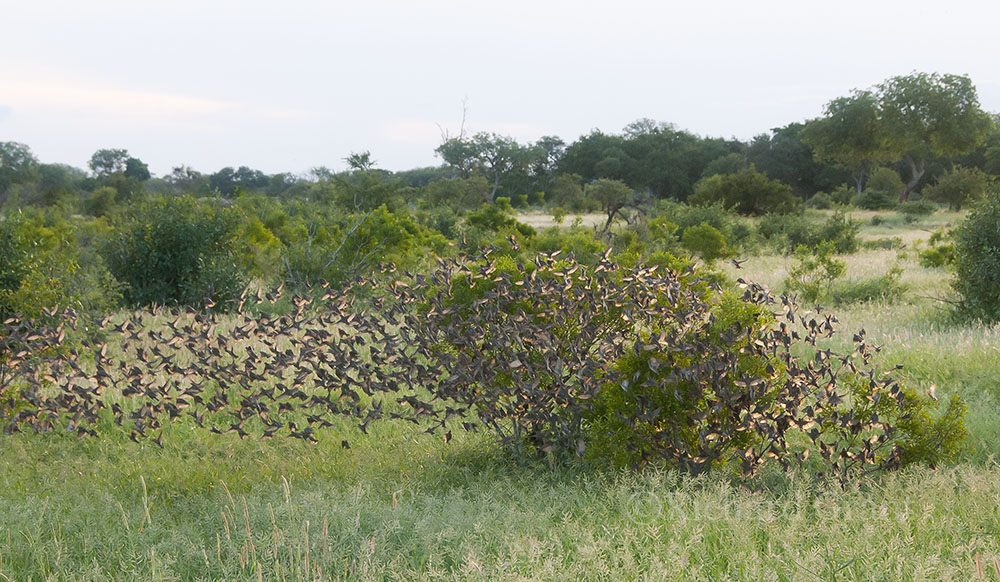
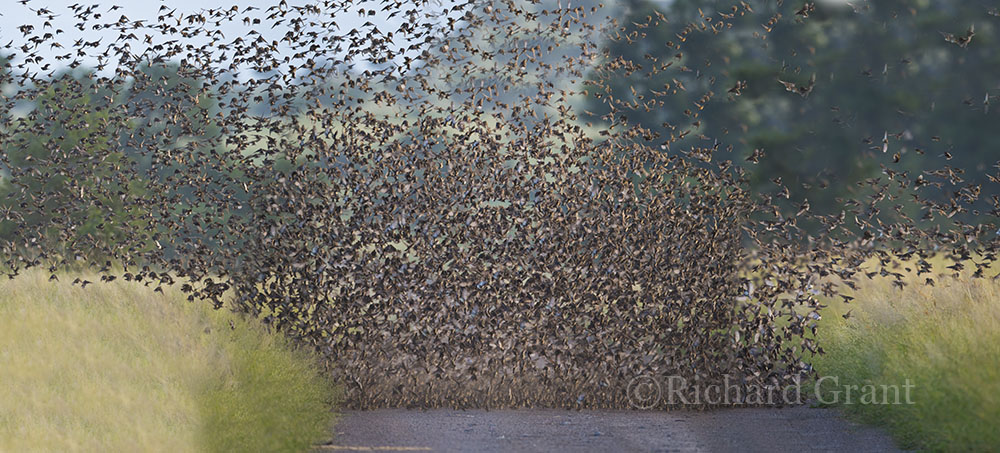
Tomorrow we are going to hook up the caravan at first light and head off north. Rain is predicted in the afternoon so we must try and get the camp set up before it arrives. I look forward very much to exploring the beautiful Pafuri and Luvhuvhu areas.
Monday, 4th February
We begin a leisurely pack at 5am under a heavily overcast sky with the wind from the south. We leave Satara at 6.30am and set our course northward along the main H1-4 road.
As we already know, the veld gets drier the further we travel and this continues all the way to the Olifants River. Here I note the chocolate brown colour of the water despite the river not flowing that strongly. This is indicative of what is happening in the Olifants catchment area as opposed to the Sabie River that usually flows fairly cleanly even after good rains.
At the turnoff to Olifants Restcamp the very clearly defined mopane vegetation begins and will be with us for the next three weeks. The veld is now showing that rain has fallen so that by the time we reach Letaba, the grass is quite lush. Pools of water lie off the road.
We breakfast on the Letaba River bridge under which flows gently the clear waters of the river.
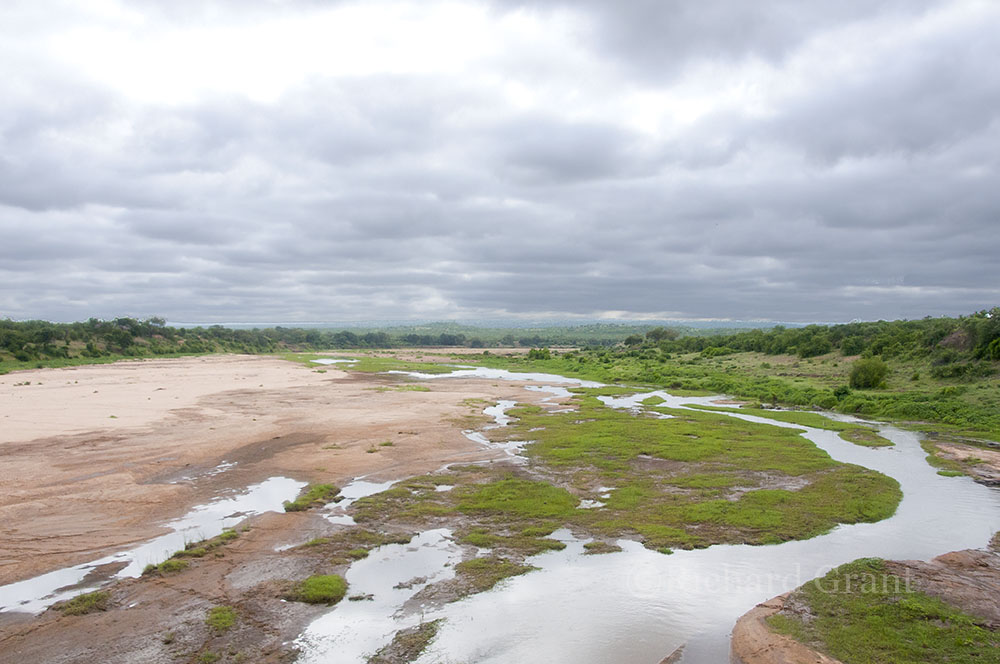
The sky now clears, the veld dries out for a while until we reach Mopane where again rain has fallen. The patchiness of the rainfall pattern is even more evident to the north compared with what we already experienced around Satara.
The Shingwidzi River has trickled at some stage and the riverbed is lined with big pools which I look forward to exploring next week. Given the monotony of the mopane vegetation one may then wonder why we bother to travel so far north. The answer lies in the unique beauty of river roads along the Shingwidzi, Mphongolo and Luvuvhu Rivers. However, north of Shingwidzi the countryside becomes drier and drier and by the time we reach the turnoff from the H1-7 toward Punda Maria, I am wondering if we did the right thing coming. It is brown, barren and drought stricken. Despite this we do pass through two large buffalo herds. The Punda camp itself is attractively nestled on a hillside and is rather historic. Its huts are of the old style that were once used at Shingwidzi and elsewhere. A little rain has fallen here so as to give a green flush but my goodness, it is dry.
The campsite, as expected, is empty save for four other campers so we get a prime position down at the fence, right next to the waterhole that is floodlit by night. We look forward to sitting up watching proceedings. yr.no is forecasting rain falling from midnight tonight but somehow I feel that it will not amount to much. I will be spending a lot of my time down in the Luvuvhu River area and have a list of birds that I wish to track down. Here’s hoping.
I take an evening drive just outside camp and note the large clouds again hanging over Mozambique.
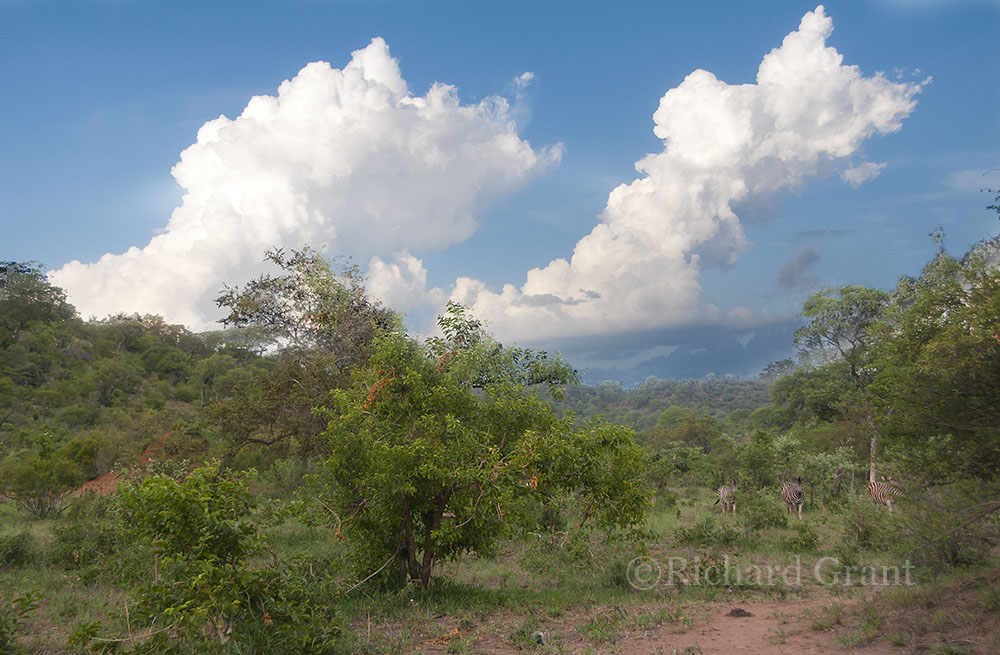
Back from my drive, I am just in time to watch a herd of ellies come in to drink just over the campsite fence. A most beautiful place.
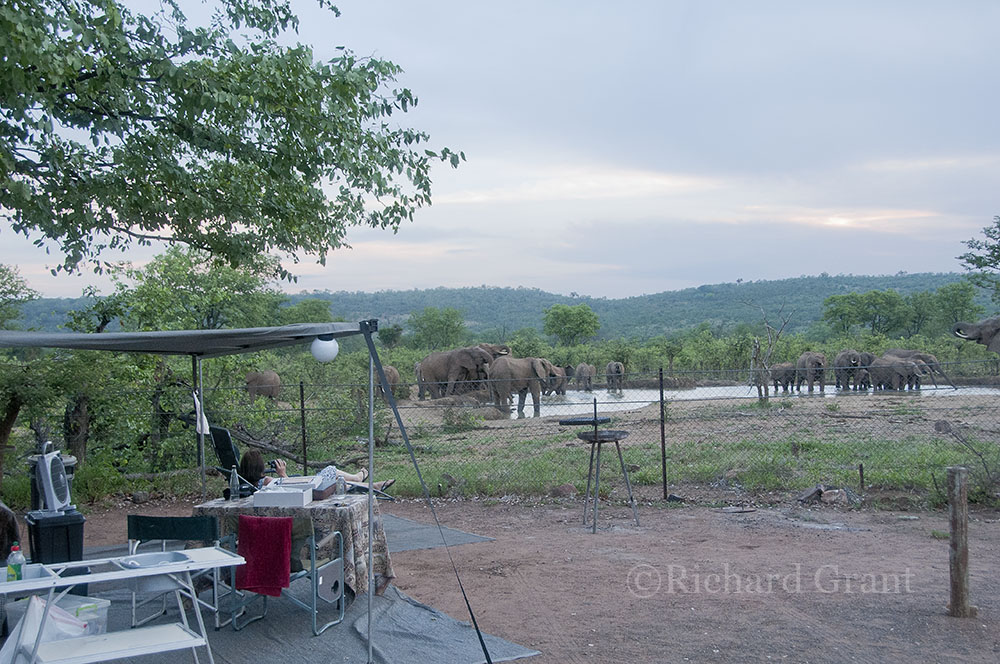
This evening we go to the Tindhlovu restaurant and most surprisingly have an excellent meal. Surely the restaurant is subsidised as there are just not enough patrons to warrant it.
Rain in the morning? We will decide what to do depending.

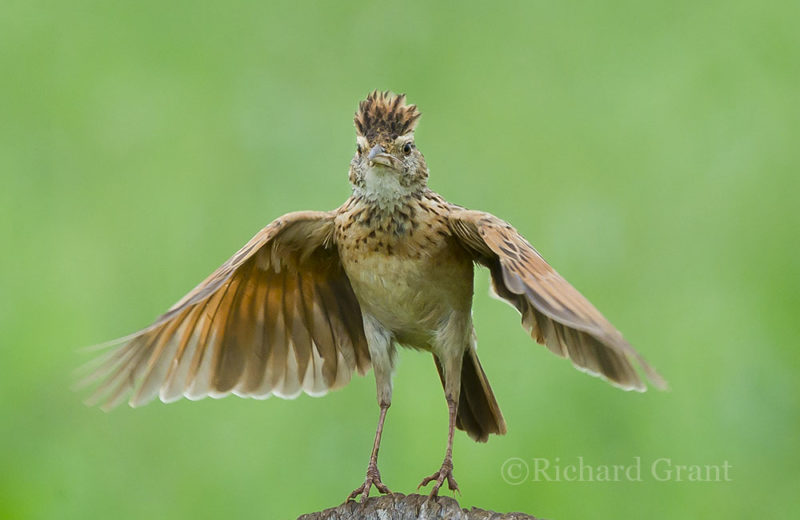
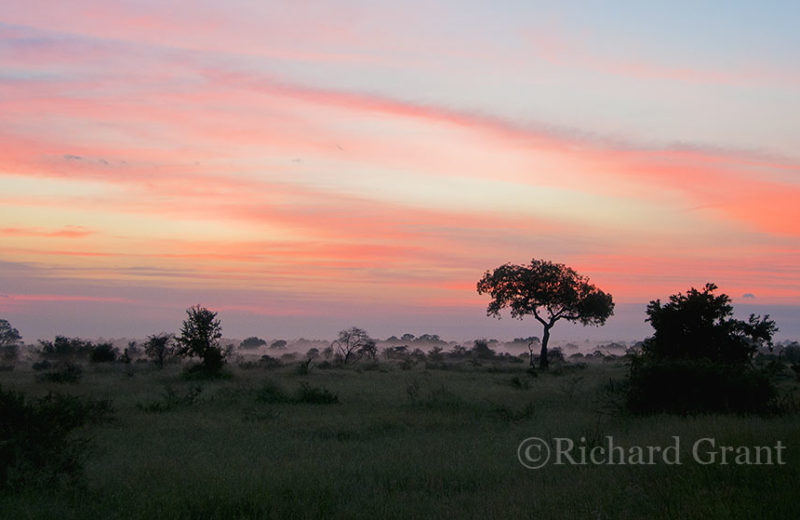
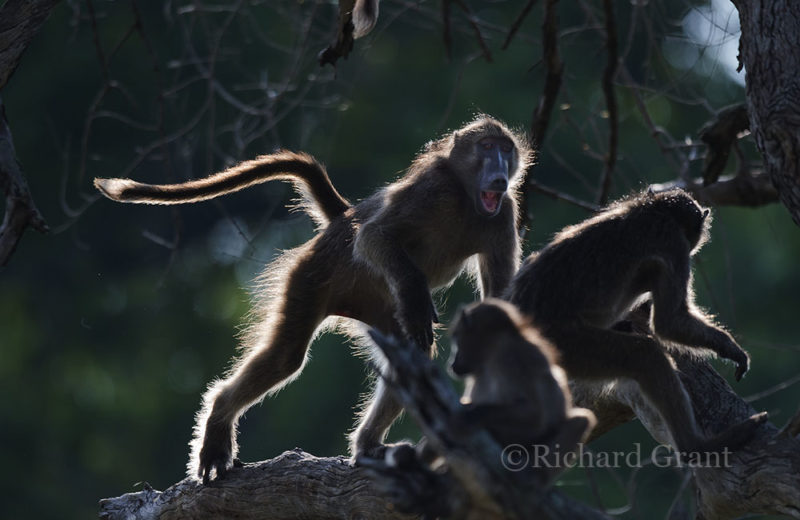
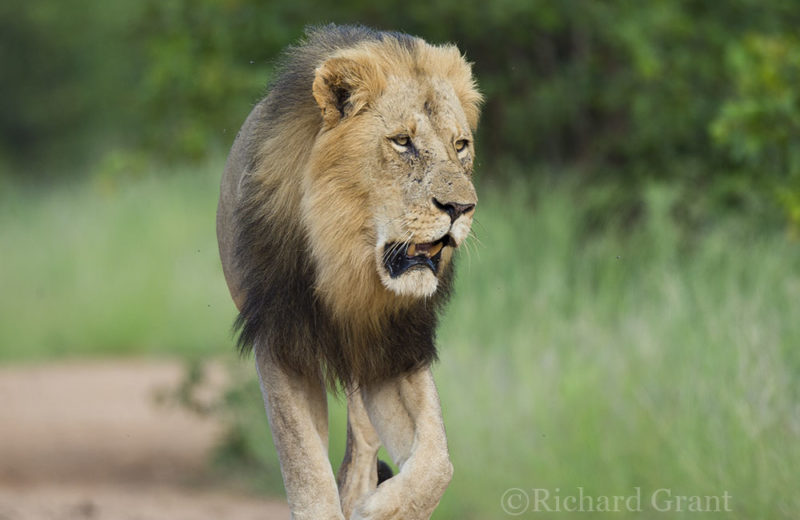
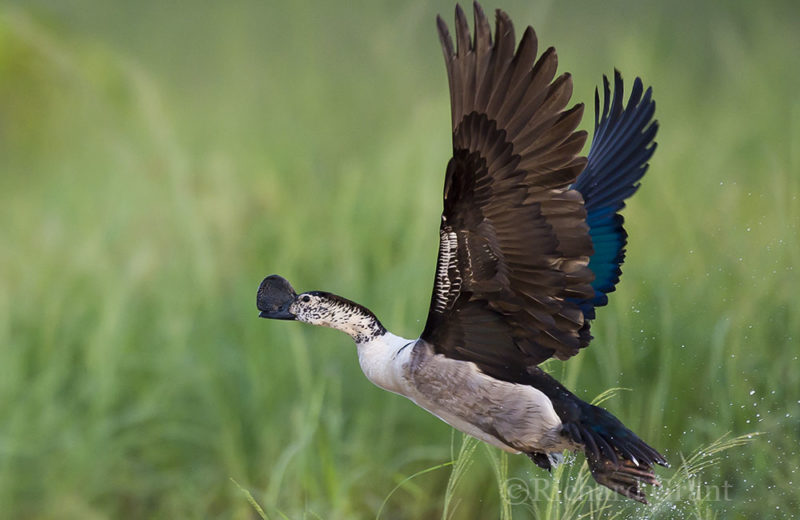
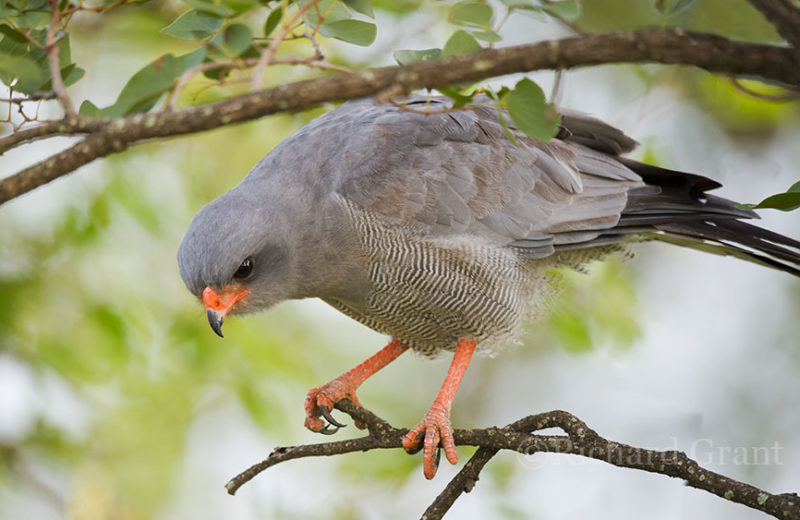
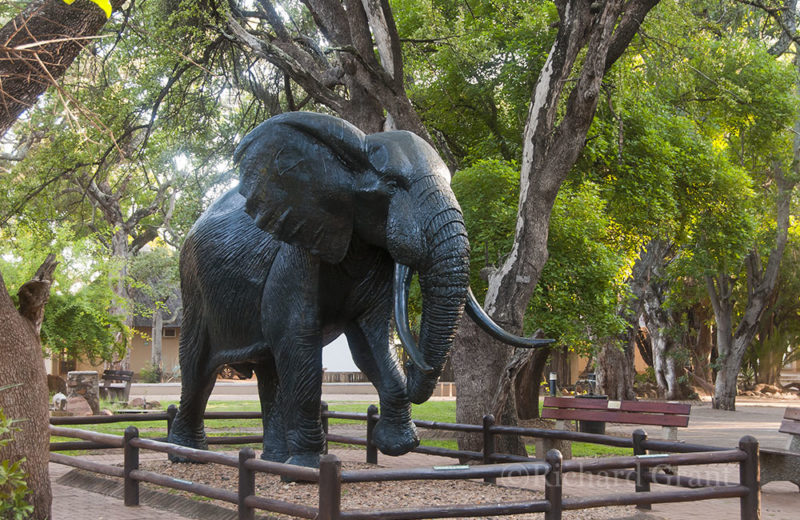
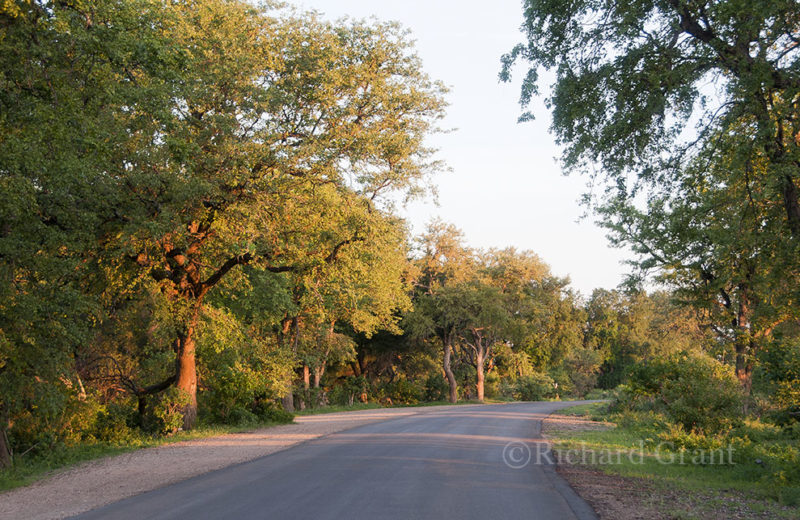
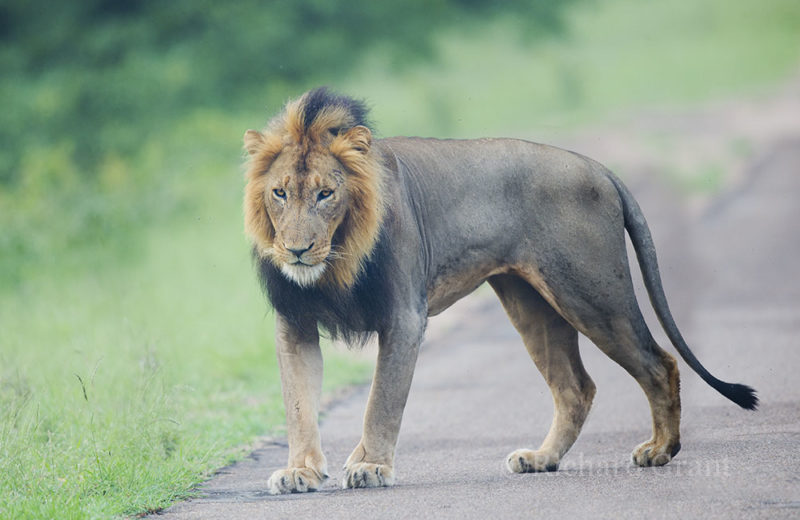
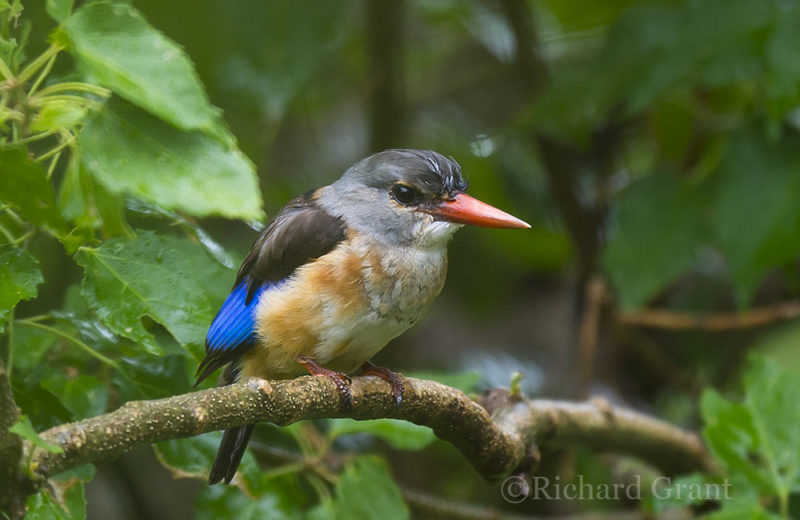
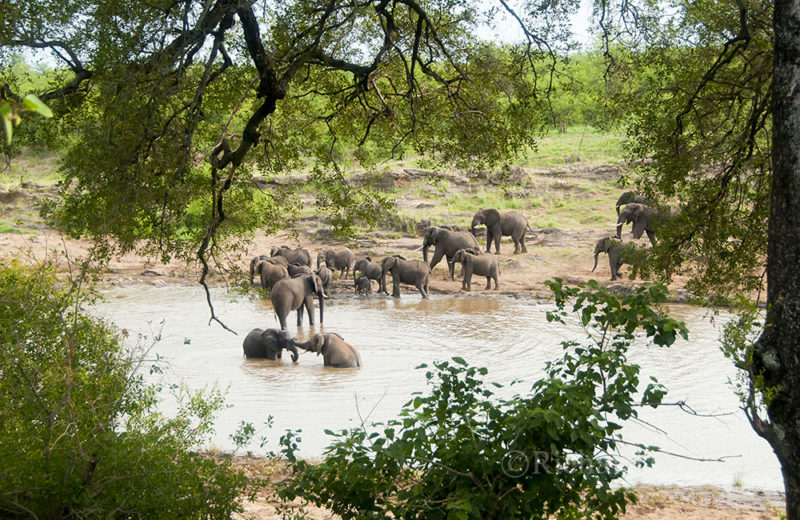
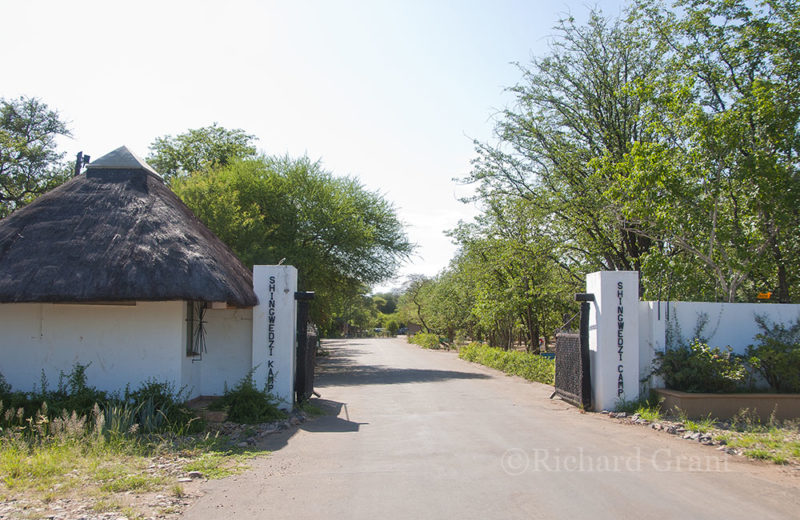
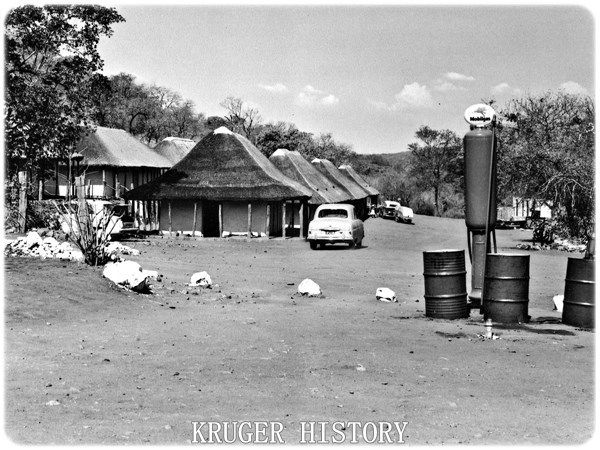
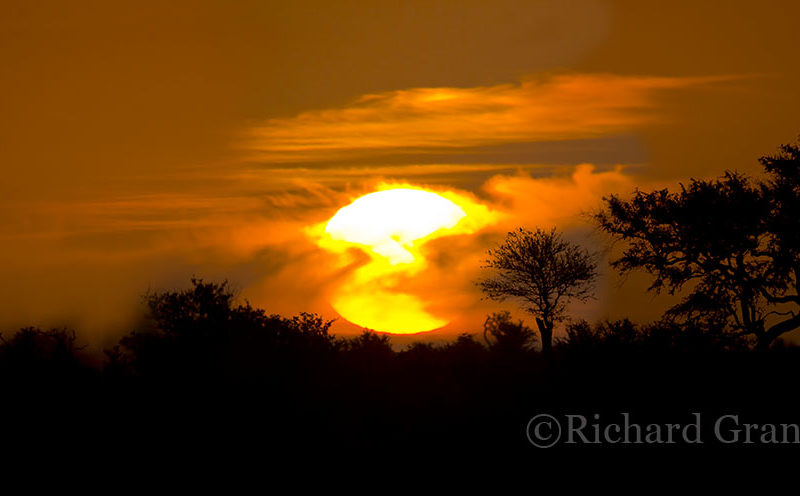
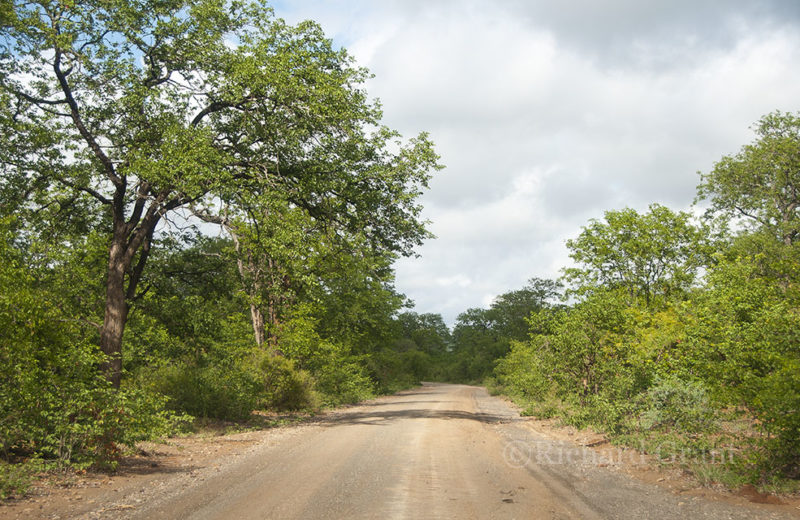
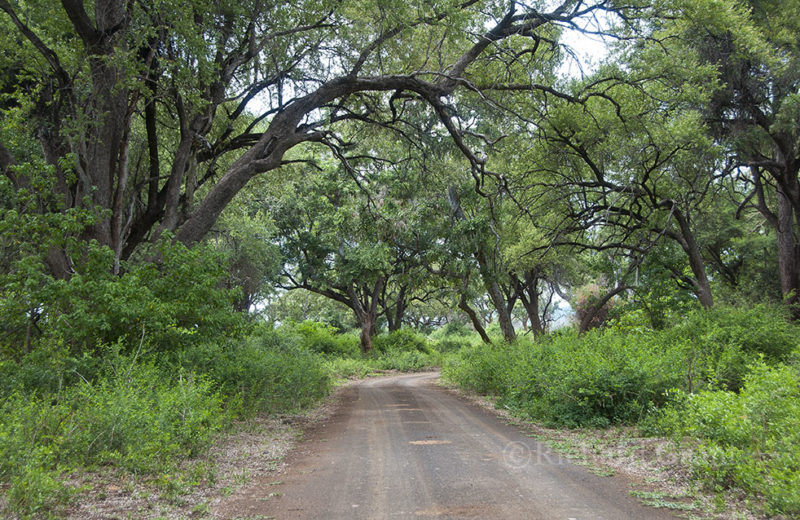
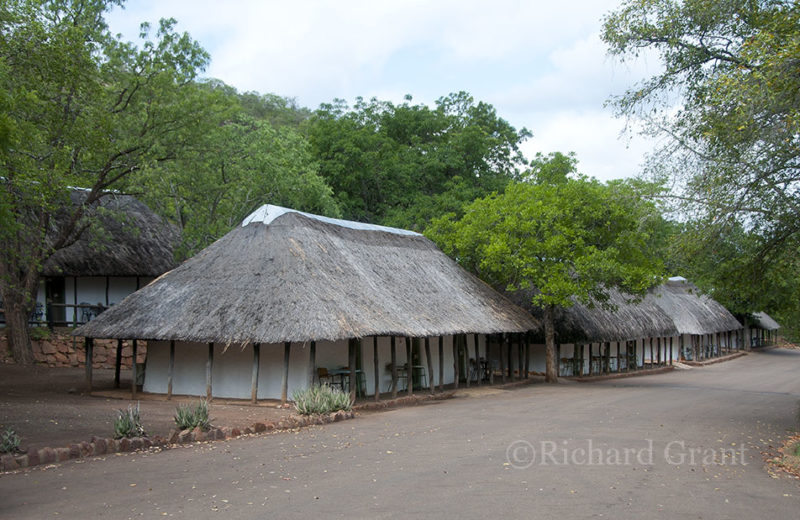
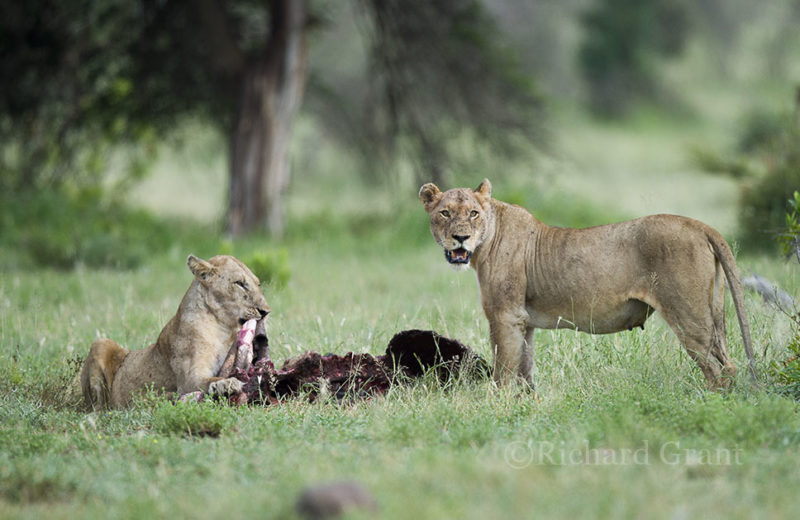
1 Comment
Pete February 5, 2019 at 5:29 am
Happy hunting in the far North Fred.